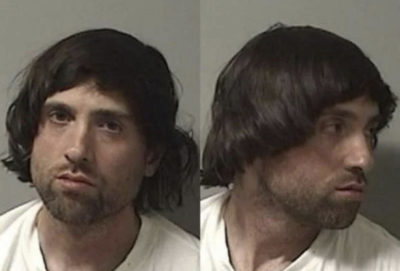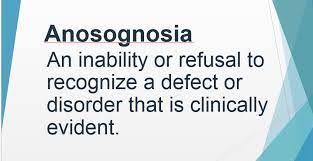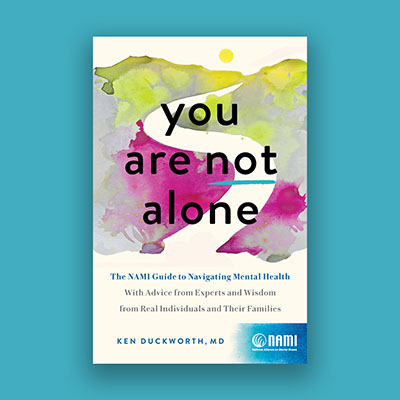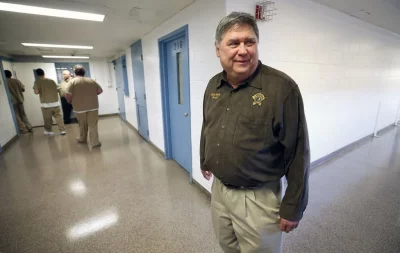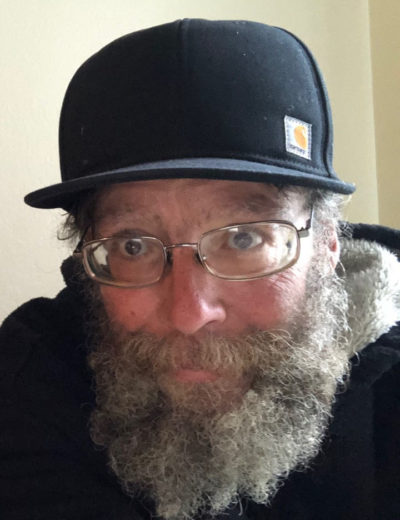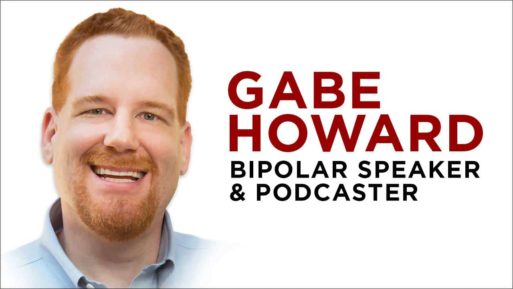
Advocate and podcaster, Gabe Howard.
(9-27-22) Fellow advocate and a good friend of this blog, Gabe Howard, contacted me after reading my post about anosognosia, which some claim isn’t real. He wrote:
“I know the world is fascinated with anosognosia right now and my podcast, Inside Bipolar (from Healthline Media), covered it. As you know, I handle discussions like this with a little humor and by doing my best to see both sides. This podcast is hosted by me (lives with bipolar) and Dr. Nicole Washington (board certified psychiatrist) discussing the pros and cons (and a little history). “
About the author: Gabe is an award-winning speaker, author, and podcast host who lives with bipolar disorder. He’s the host of the #1 educational mental health podcast, Inside Mental Health, for Healthline Media, and the author of Mental Illness Is an Asshole.
